Introduction to Ligno Sulphonate
Ligno sulphonate is a natural polymer derived from the lignin found in wood, specifically during the paper-making process. This versatile biopolymer boasts a multitude of applications across various industries, ranging from construction to agriculture. Known for its excellent binding and dispersing properties, ligno sulphonate is an eco-friendly alternative to synthetic additives, making it an invaluable resource in today's environmentally-conscious manufacturing landscape.
Types of Ligno Sulphonate
- Calcium Ligno Sulphonate
- Commonly used as a dispersing agent in concrete and mortar.
- Enhances workability and improves the overall strength of concrete mixtures.
- Sodium Ligno Sulphonate
- Primarily used in the production of fertilizers and as a water-reducing agent.
- Ideal for applications requiring solubility in water.
- Ammonium Ligno Sulphonate
- Suitable for applications in agriculture as a soil conditioner.
- Acts to improve nutrient uptake by plants.
Applications of Ligno Sulphonate
Ligno sulphonate plays a crucial role in diverse sectors, showcasing its adaptability and effectiveness in many scenarios:
- Construction Industry
- Acts as a plasticizer in concrete, improving fluidity and workability.
- Reduces water content while maintaining strength, thereby saving resources.
- Agriculture
- Used as an additive in fertilizers, enhancing nutrient dispersal.
- Improves soil structure and promotes microbial activities.
- Mining and Metallurgy
- Functions as a flotation agent, facilitating ore separation.
- Reduces water usage and enhances recovery rates in mineral processing.
Features and Advantages of Ligno Sulphonate
Some key features and advantages of using ligno sulphonate include:
- Eco-Friendly
- Derived from natural sources, making it sustainable and biodegradable.
- Helps industries comply with environmental regulations.
- Cost-Effective
- Offers economical advantages by enhancing the performance of products.
- Reduces overall production costs through efficient resource usage.
- Versatility
- Applicable in multiple industries such as construction, agriculture, and mining.
- Variety of types available to suit specific application needs.
- Improved Performance
- Enhances product stability, flowability, and strength.
- Facilitates easier handling and improved end-product quality.


























































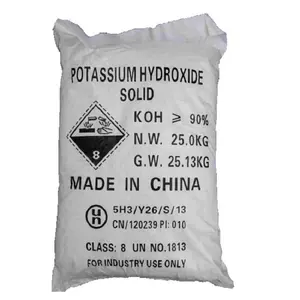

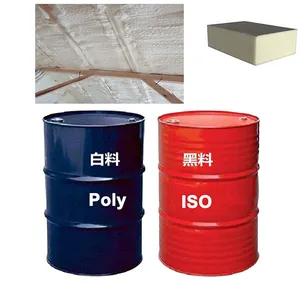





































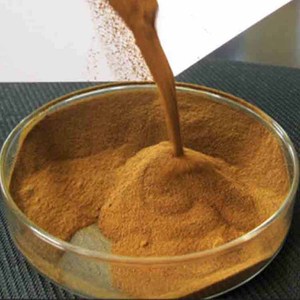

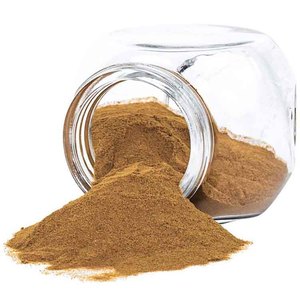
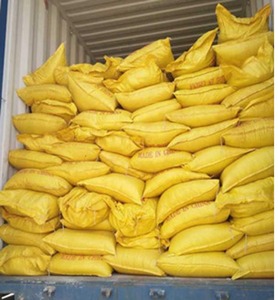
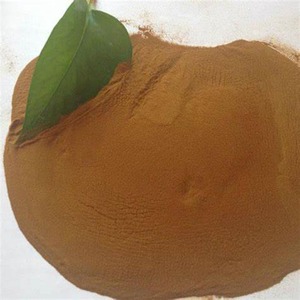
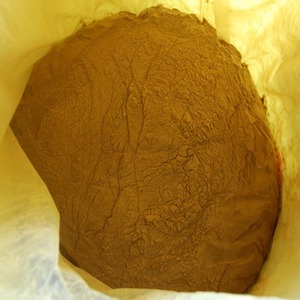






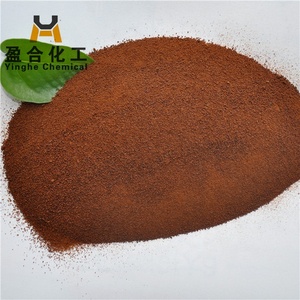
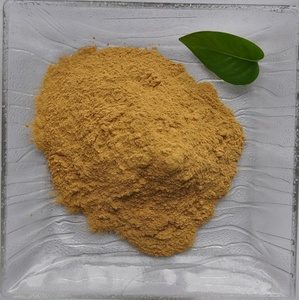
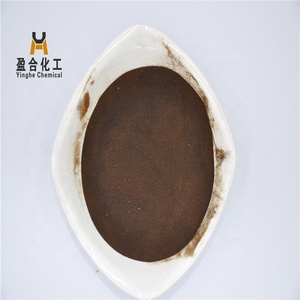
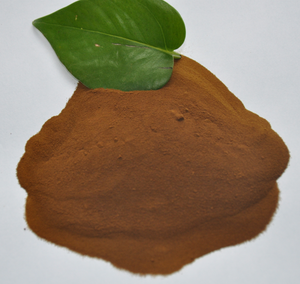




























































































 浙公网安备 33010002000092号
浙公网安备 33010002000092号 浙B2-20120091-4
浙B2-20120091-4